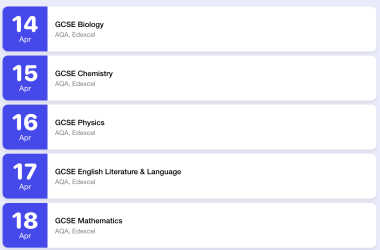Last Updated on: 22nd November 2023, 06:01 pm
Adel Afiouni, former Minister of State for Investments and Technology, is alarmed about the current crisis in Lebanon.
In an interview on the 22nd August 2021 on Sky News Arabia, he declared that the situation is becoming more and more catastrophic for Lebanese citizens, as they are facing an acute social and economic crisis. The steep increase of prices for fuel, food and every basic product – combined with the huge shortage of essential goods – has pushed poverty in Lebanon to unprecedented levels.
Its citizens feel desperate and humiliated, struggling to find food on a daily basis and waiting in long queues to access essential necessities. This critical state calls for radical measures and a clear rescue plan that addresses multiple areas.
The former Minister of State for Investments and Technology stressed that the current subsidies system is flawed and unfair because it is using the central bank reserves. Therefore, it has aggravated the financial situation of the central bank and led to a continuous increase in depositors’ losses. This subsidies regime needs to be reformed and should be fundamentally changed. To date, no action has been taken to replace this flawed subsidy system with a fairer and more transparent support system focused on the needy.
During the same interview, Adel Afiouni declared that the authorities in charge have been unable to put in place a comprehensive rescue plan that tackles the crisis. The measures taken so far are nothing but piecemeal solutions that do more harm than good and do not solve the problem. The Lebanese government and all other authorities have not yet offered or provided any social support to alleviate the effect of the social crisis on society’s poorest.
For more than a year, the political class has been unable to agree on a government capable of handling the crisis. This disagreement is not about the content or about economic and ideological differences. It is purely about quota percentage in the cabinet. Afiouni believes that even if they agree on a cabinet formation, based on what we are seeing in differences such a cabinet will not meet the expectations of the Lebanese people, who need a government that can manage the country in a transparent manner with no special or vested interest in mind.
The only viable rescue plan is the formation of an independent government composed of experts and competent ministers. Unfortunately, there is no prospect of such a government being formed and no radical reforms are currently planned.








